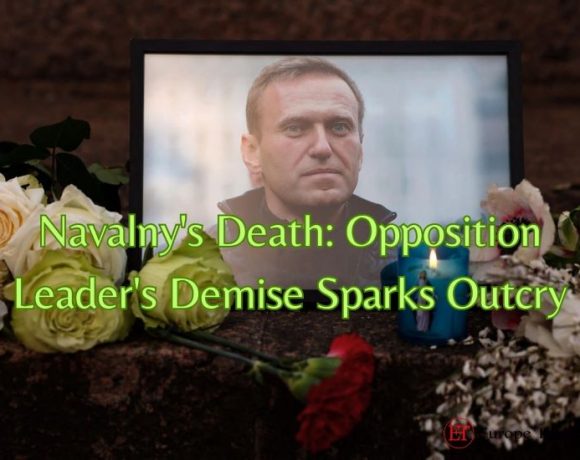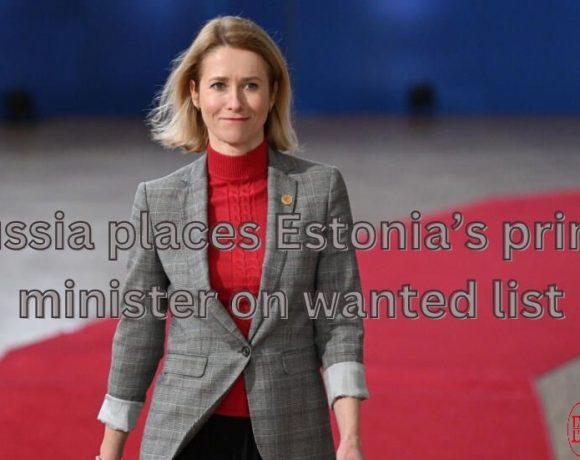
Alexei Navalny, the prominent opposition figure in Russia, has tragically passed away in a jail located in the Arctic Circle, according to the prison service. Navalny, who had been a vocal critic of President Vladimir Putin, was serving a 19-year sentence on charges of extremism that many believed to be politically motivated. His death has sparked outrage and accusations of foul play from his allies and supporters.
Navalny’s wife, Yulia, has called on the international community to hold the Russian regime accountable for his death. His close ally, Ivan Zhdanov, has suggested that Navalny may have been murdered, a sentiment echoed by many who oppose Putin’s government.
Navalny’s sudden decline in health occurred shortly after a walk, according to the prison service. Despite efforts to resuscitate him, Navalny could not be revived.
In response to Navalny’s death, there have been calls for protests in Russia, although authorities have warned against participating in such demonstrations. Several individuals have already been detained in various cities.
Navalny’s death has drawn condemnation from leaders around the world, with many pointing fingers at Putin’s government for its alleged role in his demise. US President Joe Biden, among others, has held Putin responsible for what he called “proof of Putin’s brutality.”
Navalny’s journey as an opposition figure in Russia has been marked by challenges and dangers, including a poisoning incident in August 2020 with a nerve agent. Despite facing multiple obstacles, Navalny remained determined to challenge Putin’s rule, even as his health deteriorated and he endured harsh conditions in prison.
Picture Courtesy: Google/images are subject to copyright

